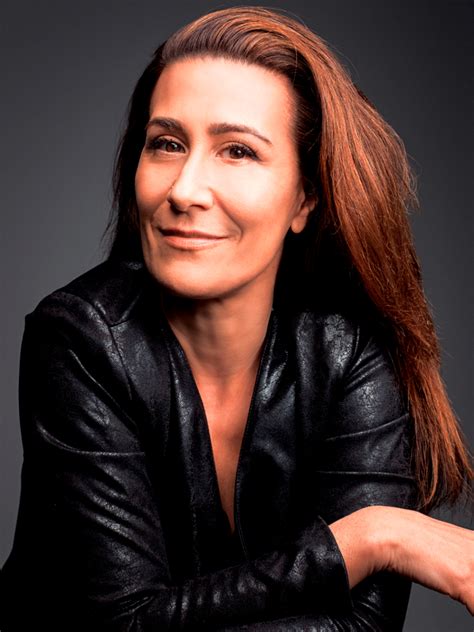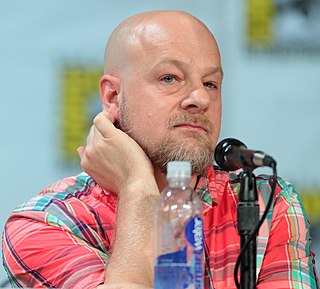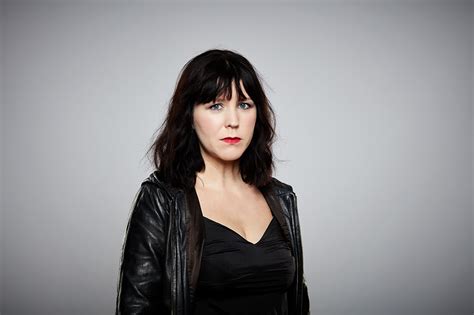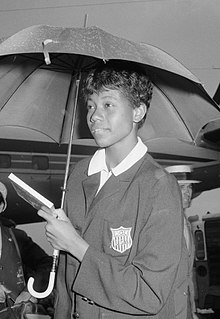A Quote by Philip Greenspun
Everything that I've learned about computers at MIT I have boiled down into three principles: Unix: You think it won't work, but if you find the right wizard, they can make it work. Macintosh: You think it will work, but it won't. PC/Windows: You think it won't work, and it won't.
Related Quotes
Work begets work. Just work. If you work, people will find out about you and want to work with you if you're good. So work anywhere you can. That's why I've changed my mind about these theatres where people work for free or have to pay money. I think it's kind of terrible that they feel they have to, but you know what? They're working.
Eventually, we need to have computers that work differently from the way they do today and have for the past 60-plus years. We're capturing and generating increasingly massive amounts of data, but we can't make computers that keep up with it. One of the most promising solutions is to make computers that work more the way brains work.
I'm not someone that wants to control everything. I like to work with people that bring their talents to the project. So I like it when the makeup artist has a chance to do their work, when the dresser does their work, when the director does their work. They all come with stories and ideas to think about.





































